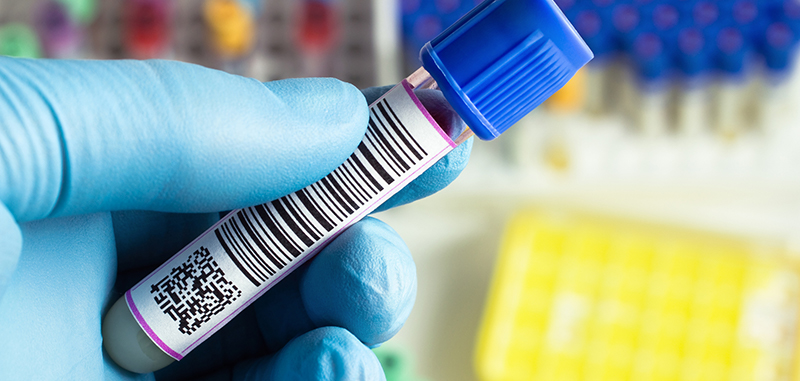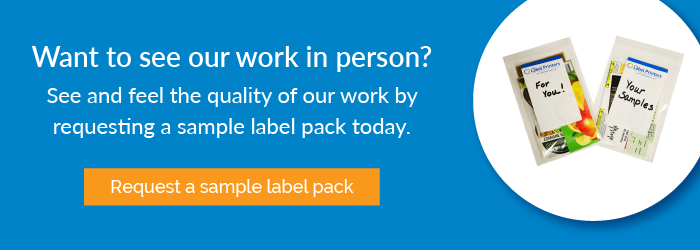
Compared to million-dollar MRI machines and DNA sequencers, custom labels may not seem like consequential healthcare investments. But labels are indispensable for keeping healthcare clinics organized. They avert mixups, keep patients safe, ensure regulatory compliance, and promote efficiency. Sometimes, labels may even save lives.
Labels Are Everywhere in Healthcare
Let’s take a quick tour of the typical healthcare clinic. Where might you find custom labels?
- Labels are used to identify patient samples for testing.
- Labels can be affixed to patient charts to quickly record vital information, such as test results.
- Labels are included on medications to indicate dosage and other instructions.
- Labels on medical equipment provide instructions, safety warnings, and regulatory information.
- Patients are labeled with wristbands.
You can even find labels in the parking lot. Healthcare professionals can’t do their valuable work, after all, if they can’t park their cars.
Very often, healthcare clinics will color-code their labels to impart critical information at a glance. For example, blue labels might mean, “This item belongs to nursing.” Or red labels might mean, “This product is ready to be replenished.”
Other labels will include blank spaces for handwritten markings or notes. Barcodes have also become a common method for labeling equipment, medications, and patients.
Factors to Consider When Buying Custom Labels for Healthcare Clinics
The essential role of labels in a healthcare clinic is communication. When labels peel off, rip, or lose their color, they may not accurately convey the information they’re meant to. The well-oiled machine that is a healthcare clinic can grind to a halt.
When buying custom labels for your clinic, be sure to take into account how the labels will be used, what messages they will convey, and the conditions to which they will be exposed. This will help you choose the right label materials, adhesives, and inks for your labels’ roles and environments.
For example, heat and moisture can cause certain label adhesives to lose their grip. If your label is going to see the inside of a steam sterilizer — and live to tell the story — it’s going to need an adhesive that resists heat and moisture.
Some label materials are more flexible than others. If you plan on wrapping your labels around sample vials or medication bottles, look for materials that will hold a curve without snapping back to straight.
Another factor to consider is the vibrancy and color-fastness of the ink you use. Bright, bold colors are often best for sharing information quickly.
If your clinic prints or handwrites onto labels, choose materials that provide a crisp printing surface and inks that won’t run. Pharmaceutical containers don’t afford much space for large print; one smudge can change the meaning of an entire sentence.
Expert Healthcare Providers, Expert Label Vendors
Healthcare clinics — and, indeed, the entire healthcare system — exist because people need access to experienced, highly trained experts they can trust to help them heal and feel their best. Very few of us understand the complexities of the body and the vast spectrum of treatment options to handle medical issues on our own.
Think of a label printer the same way. Most people don’t understand the differences between polymer and paper, for example, or why some adhesives stick to cardboard but slide right off glass. But a label printer — an experienced, expert one — will.
There’s no need to sort through the many different custom label options on your own. You’ve got patients to care for! Look for a label printer that will walk you through the process with patience and expert guidance.
We would be happy to help your healthcare clinic with its label needs. Get in touch with us today.

